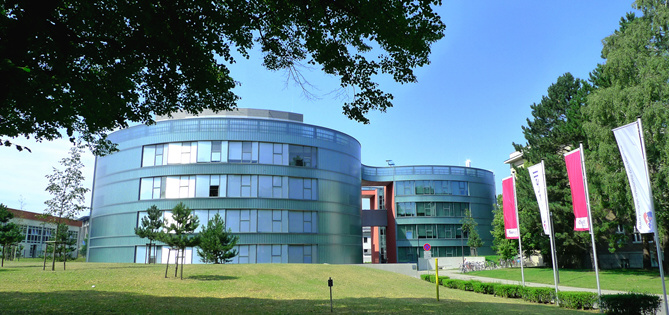Cancer Res. 2016 Jan 15;76(2):197-205.
p73 and IGF1R regulate emergence of aggressive cancer stem-like features via miR-885-5p control.
Meier C, Hardtstock P, Joost S, Alla V, Pützer BM.
Cancer stem-like cells (CSC) have been proposed to promote cancer progression by initiating tumor growth at distant sites, suggesting that stem-like cell features can support metastatic efficiency. Here we demonstrate that oncogenic DNp73, a dominant-negative variant of the tumor suppressor p73, confers cancer cells with enhanced stem-like properties. DNp73 overexpression in noninvasive melanoma and lung cancer cells increased anchorage-independent growth and elevated the expression of the pluripotency factors CD133, Nanog, and Oct4. Conversely, DNp73 depletion in metastatic cells downregulated stemness genes, attenuated sphere formation and reduced the tumor-initiating capability of spheroids in tumor xenograft models. Mechanistic investigations indicated that DNp73 acted by attenuating expression miR-885-5p, a direct regulator of the IGF1 receptor (IGF1R) responsible for stemness marker expression. Modulating this pathway was sufficient to enhance chemosensitivity, overcoming DNp73-mediated drug resistance. Clinically, we established a correlation between low p73 function and high IGF1R/CD133/Nanog/Oct4 levels in melanoma specimens that associated with reduced patient survival. Our work shows how DNp73 promotes cancer stem-like features and provides a mechanistic rationale to target the DNp73-IGF1R cascade as a therapeutic strategy to eradicate CSC.

Contact
Institute of Experimental Gene Therapy and Cancer Research
Core-Facility Viral Vector & Genome-Editing Technologies
Biomedical Research Center
Schillingallee 69
D-18057 Rostock
Office
Ingrid Winkler
(+49) 381 494-5066(+49) 381 494-5062
ingrid.winkler@med.uni-rostock.de
Department Life, Light & Matter
Research Building LL&M
Albert-Einstein-Str. 25
D-18059 Rostock
Research Building LL&M
Albert-Einstein-Str. 25
D-18059 Rostock




